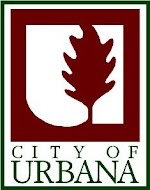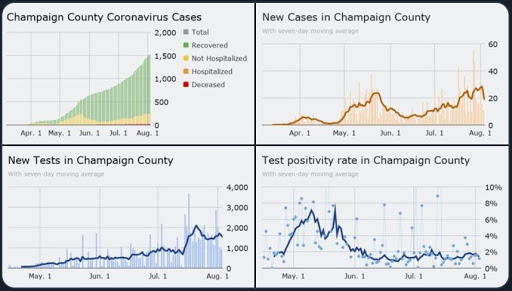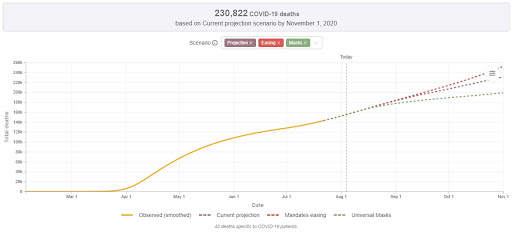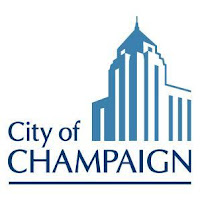There are numerous updates on Urbana City government since our last update in June (available here) where the City Council had just approved the re-appointment of Urbana Police Chief Bryant Seraphin in spite of a deluge of public opposition for the status quo in the wake of the George Floyd protests. Among the demands by activists during public comments were for the charges to be dropped against Aleyah Lewis, an independent investigation into her arrest, and reforming the police review board to be more effective and empowered. Here are just some of the updates and coverage on a few of those issues:
- In July the Council approved training standards for the police review board. Coverage and details from WAND here. A training video for the review board was posted to UPTV here.
- The police review board approved a Taser report that was long overdue and which they were roundly criticized. More on that from the News-Gazette here.
- Illinois Newsroom had coverage about the independent review of the Aleyah Lewis case by a consulting firm approved by the Urbana City Council in June.
- The Urbana mayor committed to systemic change but urged patience at the July 27th City Council meeting. News-Gazette had coverage on that here.
- The Board approved the NAACP's "10 shared principles" on policing at the June 23rd City Council meeting, covered by the News-Gazette here. A small cut to the police budget was also added to a Council budget item that passed (more on that here).
The Urbana Mayor and City Council had a discussion on Public Safety and Policing this week at the end of their most recent City Council meeting (video here). The Mayor went over plans for an Advisory Committee on Public Safety and Policing towards future reforms and policies. There are challenges to fill seats on such a committee when there is already a need to fill vacancies on the review board and Human Relations Commission. Board members discussed possible organization and the advisory nature of the prospective entity.
Earlier in that City Council meeting, Chief Seraphin had an update on a June incident where a driver pushed through protesters in her vehicle on the street and some of the details around that incident.
The Citizen's Police Review Board has been very active in the aftermath of the June meetings and public input, starting with a special meeting on June 24th available here. In that June 24th special meeting there was a long discussion about the new format and guidelines for the review board which also has a new chair. In July there was also a regular meeting and another special meeting. Each runs around 3 hours including public input. The News-Gazette had coverage of the increase in meetings here.
Housing Discrimination Updates:
The City of Champaign recently passed compromised language on their Human Rights Ordinance to limit discrimination on rental housing and criminal histories. The City of Urbana has more broadly prohibited this kind of reentry housing discrimination (as Champaign once did). Cunningham Township Supervisor Danielle Chynoweth has recently raised awareness that even with broader protections, compliance and enforcement of housing discrimination rules is an ongoing issue in Urbana. Earlier this year she gave a presentation on housing issues to the Urbana Human Relations Commission (video available here with the presentation starting at the 15 minute mark). There is also a written report available here which she describes and explains in that same presentation.
At the most recent Urbana City Council meeting there was also an update on housing assistance and funding due to the coronavirus pandemic (e.g. via the federal CARES Act and money funneled through CDBG programs).
Other recent Urbana news items:
The development project at the site of the Landmark Hotel is currently stalled due to the coronavirus. Tom Kacich had an update on the project in his Tom's Mailbag column in the News-Gazette last week here.
Dr. Julie R. Laut was appointed to represent Ward 2 on the Urbana City Council at a special meeting on August 3rd (announcement available here), News-Gazette coverage here). Video of the appointment included a description of the process followed and is available from the City website here. There were two eligible applicants to fill the Ward 2 seat being vacated by Alderman Eric Jakobsson to fill the remainder of his term into 2021. Two of the applicants were disqualified for not living in the ward boundaries according to WCIA coverage here. The applicants made statements to the City Council at the July 27th meeting (video here).
Durl Kruse, a retired public school administrator and long time Urbana resident, had a guest commentary in the News-Gazette and his views on systemic racism and policing were discussed by the City Council during their talks on an advisory committee.



















